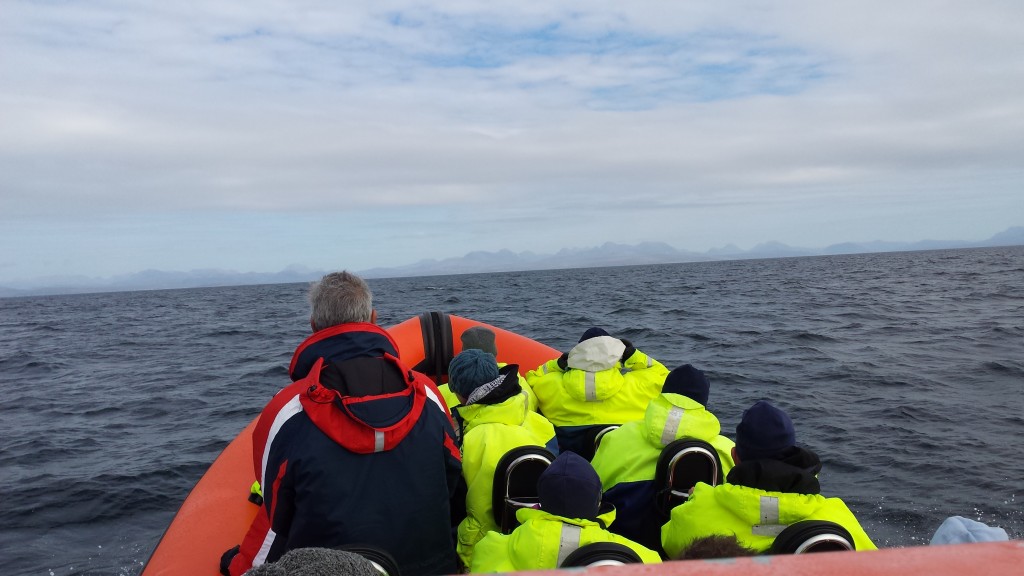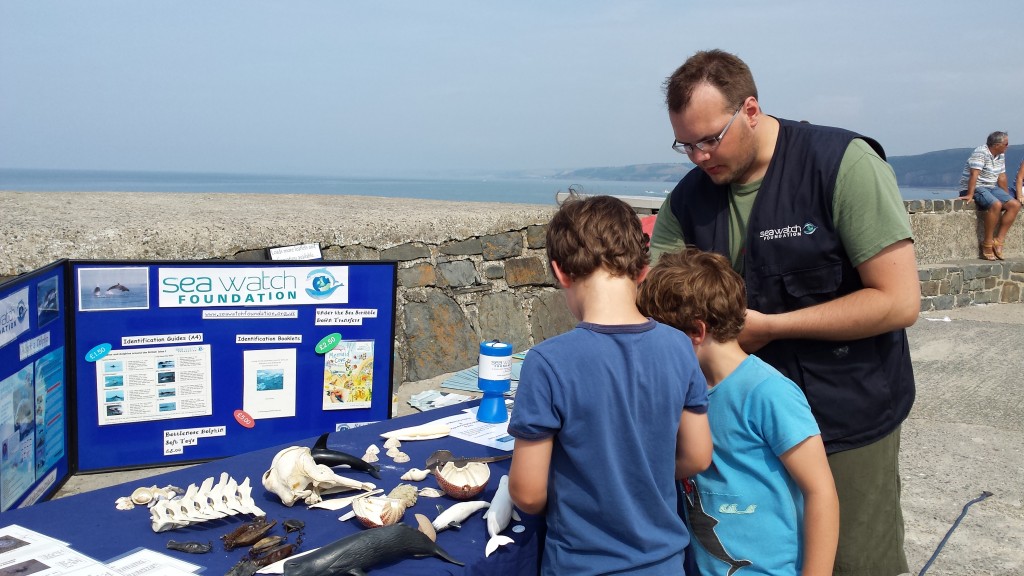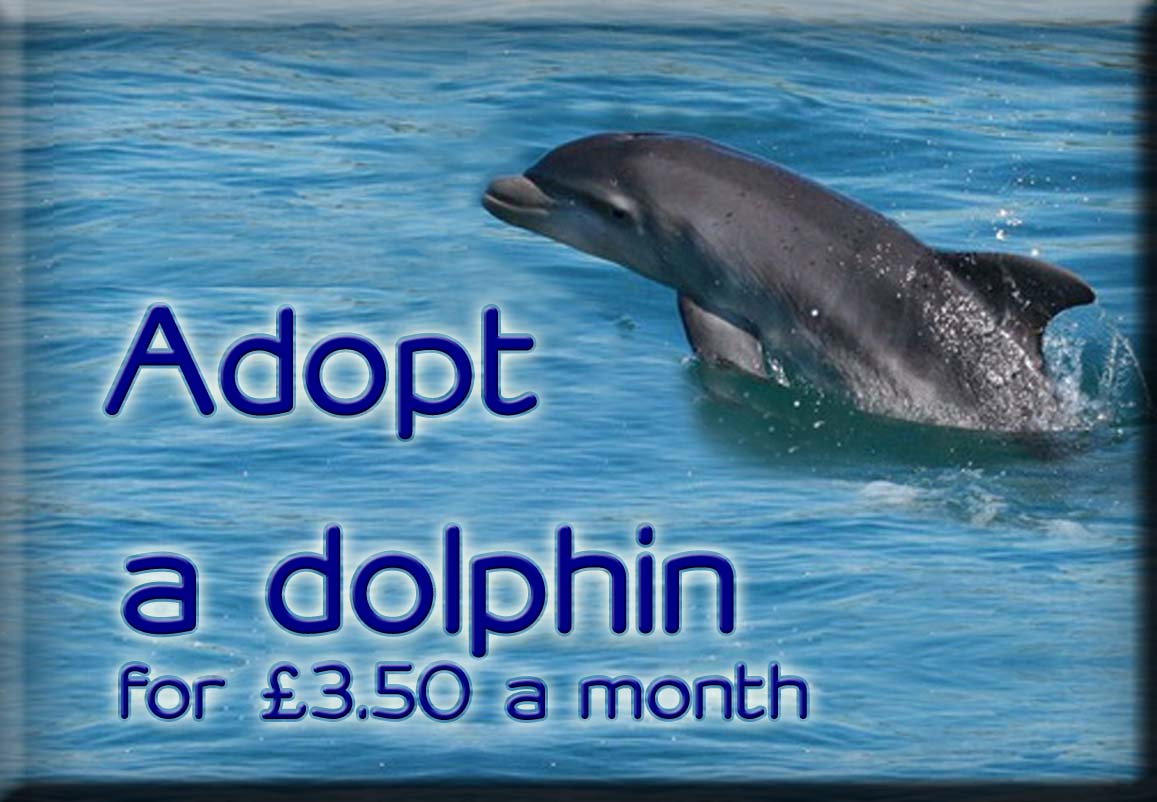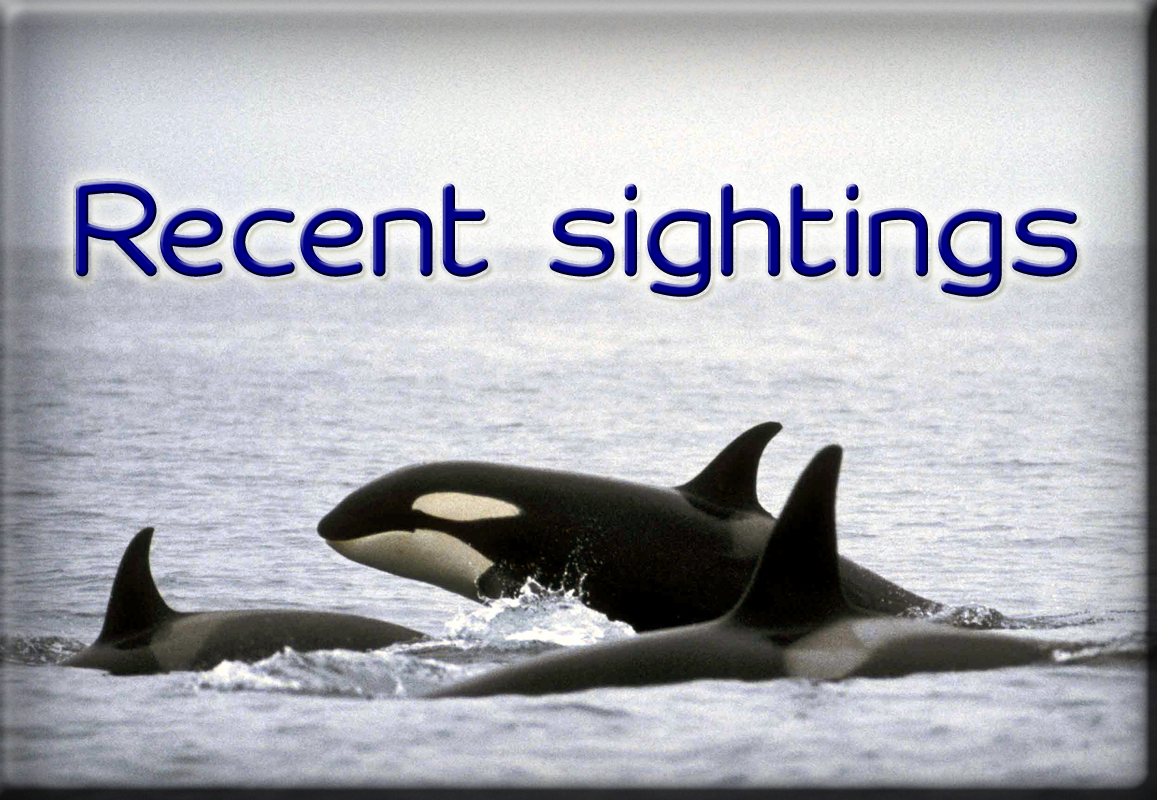Master Thesis exploring the current citizen science development for cetacean research and conservation
Have you always had a passion for whales, dolphins and porpoises, but were never sure what was the right way to enjoy these animals? considering current captivity debates and dubious whale watching practices. Then welcome to my world. I am a MSc graduate of Tourism and Environment with no background in natural sciences or marine biology for that matter, but I love cetaceans, am very interested in environmental issues and wanted to contribute to the conservation of these magnificent marine mammals. That is how I stumbled across citizen science projects and wanted to know more about them. However, there was not much literature available on the topic. Most of it mainly focused on tackling data validity collected by citizens. Hence, I wanted to learn more about the effects of these projects and decided to make cetacean citizen science my thesis topic.
Set-up
My research explored the ongoing citizen science development for cetacean research and conservation from a social science perspective in order to create a study that could function as a baseline for future research. Cetaceans such as whales and dolphins were considered a motivator for many people to engage with citizen science projects and a way to connect humans to nature and potentially bridge the gap between science and the public. I researched on-site and online, e.g. crowdsourcing programs, to first define a range of projects that currently exist, and took part in an empirical case study in Piran, Slovenia in cooperation with Morigenos, the Slovenian Marine Mammal Society to gain everyday insights of experiences of citizen science. Finally, I put the case study’s findings into a broader perspective by contrasting them with findings gained from 14 Skype interviews with experts who are involved in cetacean citizen science projects around the world, including the Sea Watch Foundation.
 A trip out with Hebridean Whale Cruises as tourists search for whales and dolphins.
Photo by Kathy James/ Sea Watch Foundation.
A trip out with Hebridean Whale Cruises as tourists search for whales and dolphins.
Photo by Kathy James/ Sea Watch Foundation.
Findings
In this study the current citizen science development for cetacean research and the role of citizen science connecting science and the public together have been explored, their effects, values and social implications on both sides. Based on the empirical materials gathered, one can say that experts as well as participants experience the involvement in a citizen science project as something positive with some exceptions and concerns. Overall, the findings from the expert interviews could often be observed in the daily examples of the case study. Scientists had a pretty good idea about motives and characteristics of citizen scientists, although these might be more complex than previously anticipated by them. Effects of citizen science projects reach far beyond the scientific realm. Projects influence the everyday life of all three main stakeholders involved, the participants, experts and cetaceans. Further, they have the potential to be influential over a long period of time, might change attitudes and behavior and contribute towards conservation on the larger scale. In a number of cases, effects on the surrounding communities, policy making processes and society as such could be attributed. Hereby the set-up of the whole citizen science research project is crucial for the success of a project. Common aspects of a successful setup include using an applicable methodology that ensures scientific output, collecting valuable data, educating the public and evoking their interest for having enough citizen scientists who contribute, scientists and citizens work well together etc. Moreover, it is important not to underestimate the social implications, since findings showed that aspects such as team feeling or recognition of contribution can have a big impact upon the success of the project.
![20160601_130441[1]](http://www.seawatchfoundation.org.uk/wp-content/uploads/2016/06/20160601_1304411-1024x576.jpg) Derry, a volunteer for Sea Watch, surveys the waters of West Wales for cetaceans and seals.
Photo by Kathy James/ Sea Watch Foundation.
Derry, a volunteer for Sea Watch, surveys the waters of West Wales for cetaceans and seals.
Photo by Kathy James/ Sea Watch Foundation.
What makes a successful citizen science project?
What can be said from this research is that a successful project is not only defined by its scientific successes like publications and important findings. Its impact in terms of public outreach, education, raising environmental awareness and promoting a more environmental friendly lifestyle are important factors, too. Definitions of success may depend on and be varying from project to project.
Citizen science for whales, dolphins and porpoises enhances the understanding of science and helps to create a bond between the public and the cetaceans. An aspect which is considered key for the success of every project. Projects have the potential to bring scientists and laypersons closer together, however, even within this study, the distinction between scientists and non-scientists is apparent. Not only from the scientists’ side who are the last instance in deciding which data is actually valid. But also from the participants’ side in Slovenia where people would not question methodologies because that is not their field of expertise and from a sense of ‘who are they to challenge that?’ Nevertheless, when participants felt experienced with a topic, they were more likely to discuss and question things like how to best find matches during photo-identification.
 Sea Watch Intern, John, helps to educate the next generation on a break from surveys and data entry back in the office. Photo by Kathy James/Sea Watch Foundation.
Sea Watch Intern, John, helps to educate the next generation on a break from surveys and data entry back in the office. Photo by Kathy James/Sea Watch Foundation.
Conclusion
Right now in the world of cetacean research and conservation, a lot of valuable projects are out there, have currently been launched or are in the development phase. However cetacean research involving citizens is still in its early days, especially in terms of crowdsourcing involvement, since all web based applications observed have either been a trial project, recently been launched or only been running for a few years. Considering the recent developments of technologies and peoples’ apparent interest and willingness to participate now and in the future, it suggests that the potential to involve citizens in cetacean research has not been reached by far. The same accounts for influencing policy making e.g. if more and more people get involved in conservation or specific cetacean projects, it is time to realize the full potential of citizen science programs in relation to that.
Bottom line…
So I guess what the thesis experience showed, and told me personally is that you should not hesitate. You should get out there and engage in the conservation of these beautiful animals. It is easier than you think, everybody can observe from the shore and it might offer benefits on a personal level you would not expect. But take your time while choosing a project you want to support and make sure that it is a citizen science project that is scientifically sound, meaning that scientific output is ensured and used for further research. Also participation will be way more self-rewarding and beneficial for research purposes, if you really invest some time in the beginning and learn about cetaceans and the research methods. Citizen science has the potential towards bringing citizens and scientists closer together. In order to conserve our planet we need everybody, so your own contribution is important.
I would like to thank the Sea Watch Foundation very much for taking the time and providing me with information about their work and for giving me the opportunity to write this blog entry. As a recent MSc graduate of Wageningen University and Research Centre, the Netherlands, I am currently working as an onboard naturalist for Elding Whale Watching in Reykjavik, Iceland. Please feel free to contact me if you have any remarks, comments or questions.
Written by Barbara Neubarth (babsineubarth@hotmail.com)
























